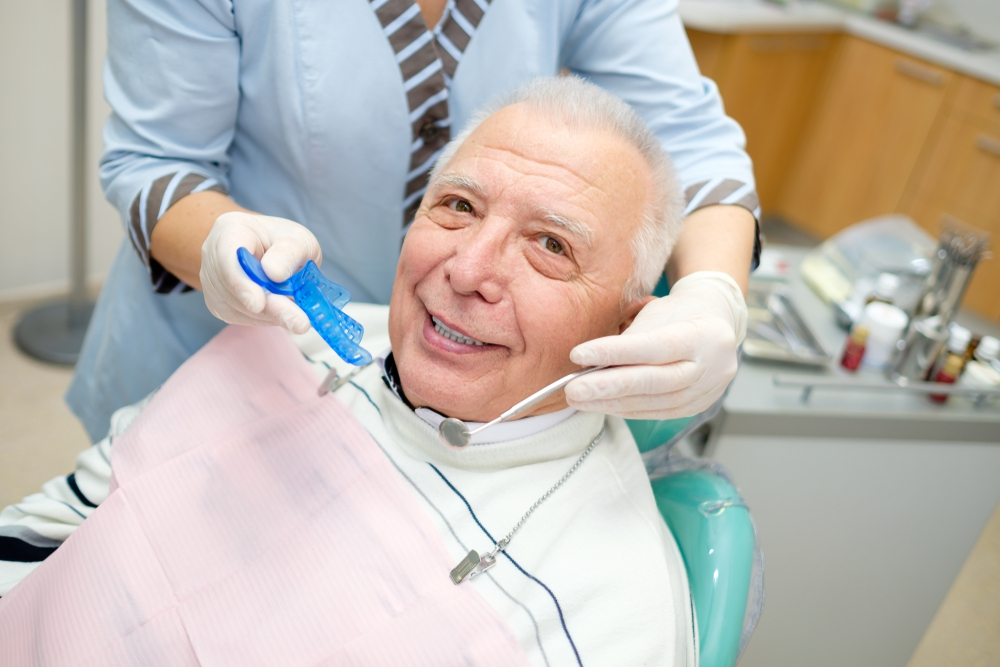Wisdom Tooth Removal After Age 50
At Picasso Dental Clinic, we understand the concerns that come with dental procedures, especially when it’s about wisdom tooth removal after age 50. Our team of highly-experienced dental professionals has served over 57,000 overseas patients from 62 different nationalities, providing comprehensive dental care, from routine check-ups to complicated procedures like wisdom teeth removal.
What Are Wisdom Teeth?
Wisdom teeth, also known as the third set of molars, are the teeth that erupt at the very back of the mouth, usually between the ages of 17 and 21. While these teeth were essential for our early ancestors’ diets, evolution has resulted in smaller jawlines and less room for these extra teeth to grow comfortably.
Not everyone develops wisdom teeth, and even those who do might not experience any associated issues. However, due to their location at the back of the mouth, maintaining proper oral hygiene can be challenging, thus increasing the risk of tooth decay and gum infections.
Understanding Wisdom Teeth Eruption
Around the late teens or early twenties, wisdom teeth typically start to emerge. While some people might not experience any problems during this phase, others might find their wisdom teeth becoming impacted, meaning they remain partially or fully under the gums due to lack of space. This can cause discomfort, pain, or even lead to serious oral health problems over time.
When Should Wisdom Teeth Be Removed?
The need for wisdom tooth removal varies from person to person. Some individuals may never have to worry about their wisdom teeth, while others might need to have them removed due to discomfort, crowding, or other oral health issues. While most dentists recommend removing them at an early age, problems related to wisdom teeth can sometimes crop up as we age.
Wisdom Tooth Removal After Age 50: Is it Necessary?
Contrary to popular belief, there’s no age limit to undergo wisdom tooth extraction. However, the decision to have them removed should be based on the overall oral health of the individual. If the wisdom teeth are causing discomfort, pain, or other oral health issues, removal might be the best option, even after age 50.
Risks and Considerations
While wisdom tooth removal is generally a safe procedure, it’s important to understand that every surgical intervention carries some level of risk. These risks can increase with age, but this doesn’t mean that older adults should avoid the procedure if it’s necessary.
Potential risks may include a more involved procedure, longer healing time, and a greater risk of post-operative issues like bleeding, infection, or nerve injury. However, regular dental check-ups and maintaining a good oral care routine can help minimize these risks.
Wisdom Teeth and Oral Health Problems
Wisdom teeth, especially if they are impacted, can become a breeding ground for bacteria, leading to gum disease, tooth decay, or even the formation of cysts or tumors. Existing problems with wisdom teeth are the best indicator for future issues. Therefore, if your wisdom teeth are causing problems, it’s crucial to discuss the potential need for extraction with your dentist.
The Extraction Process
The process of wisdom tooth extraction involves removing the problematic teeth and then cleaning the area to prevent infection. The procedure is usually performed under local anesthesia, but general anesthesia may be used in more complex cases.
Recovery After Extraction
Recovery after wisdom tooth extraction can take longer for older adults compared to younger individuals. On average, it takes about two weeks to recover from a wisdom teeth removal surgery. During this period, it’s important to follow all the aftercare instructions provided by your dentist to ensure a smooth recovery.
The Role of Regular Dental Check-ups
Frequent dental check-ups play a crucial role in maintaining oral health and preventing potential problems associated with wisdom teeth. Regular check-ups can help your dentist catch emerging issues as early as possible, reducing surgical risks, or even eliminating the need for extraction altogether.
To Extract or Not to Extract?
Ultimately, the decision to have your wisdom teeth removed after age 50 depends on various factors, including your overall oral health, the condition of your wisdom teeth, and your personal comfort. It’s important to have a thorough discussion with your dentist regarding the benefits and potential risks associated with the procedure.
Picasso Dental Clinic: Your Partner in Dental Health
At Picasso Dental Clinic, we believe in a personalized approach to dental care. We understand that each individual is unique, and we strive to provide treatments that best suit your needs. Whether it’s regular dental check-ups, wisdom tooth extraction, or any other dental care services, we are here to guide you every step of the way.

